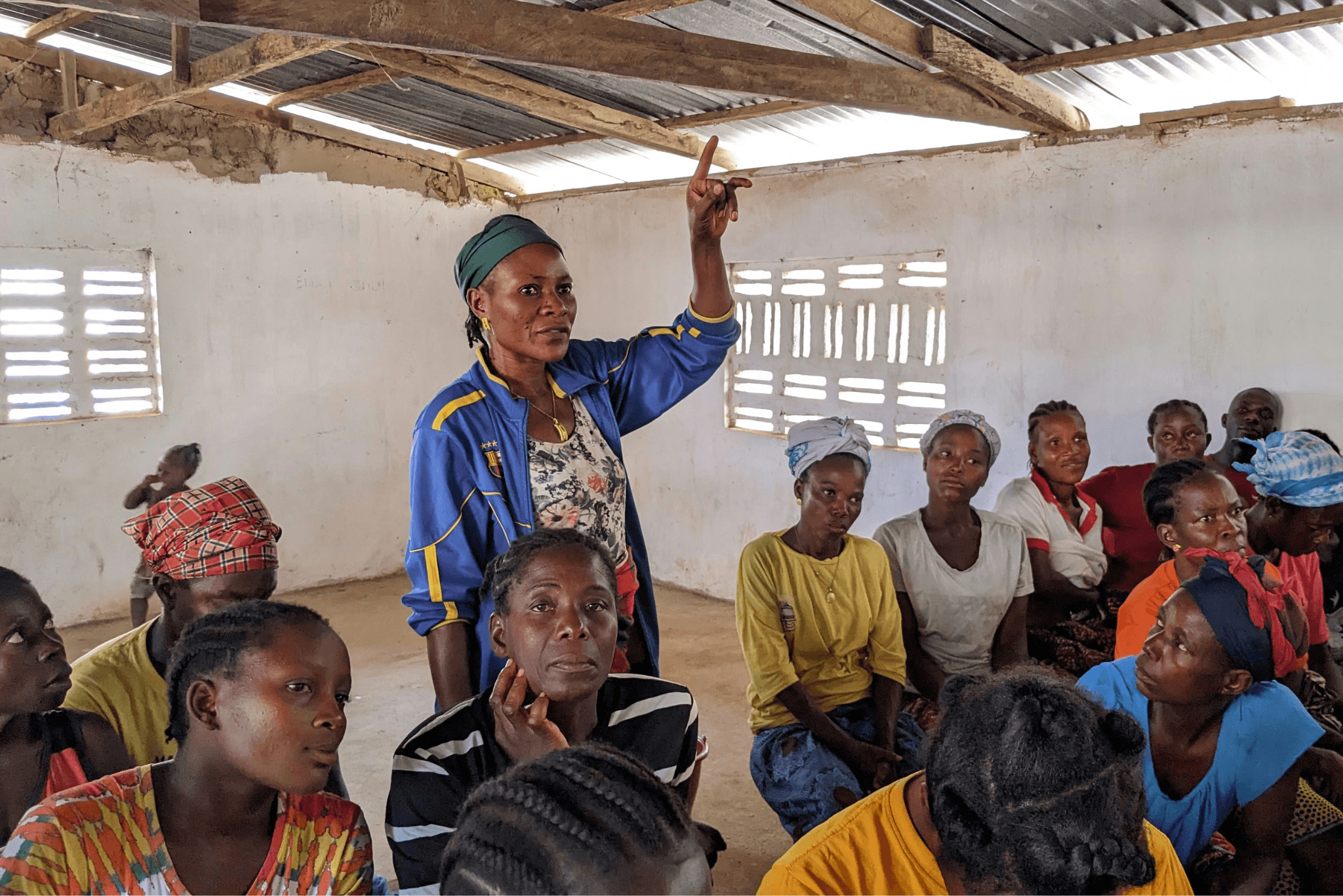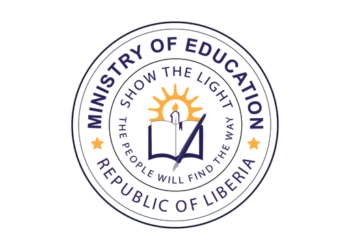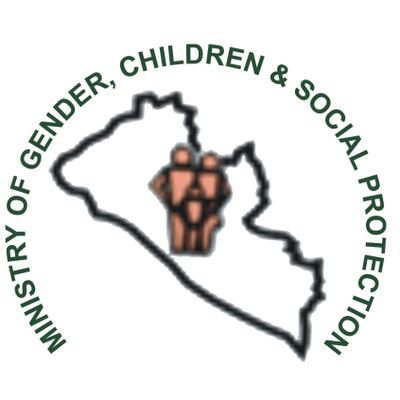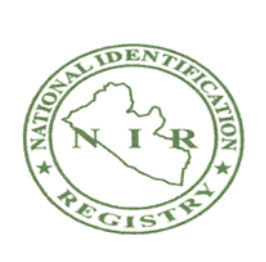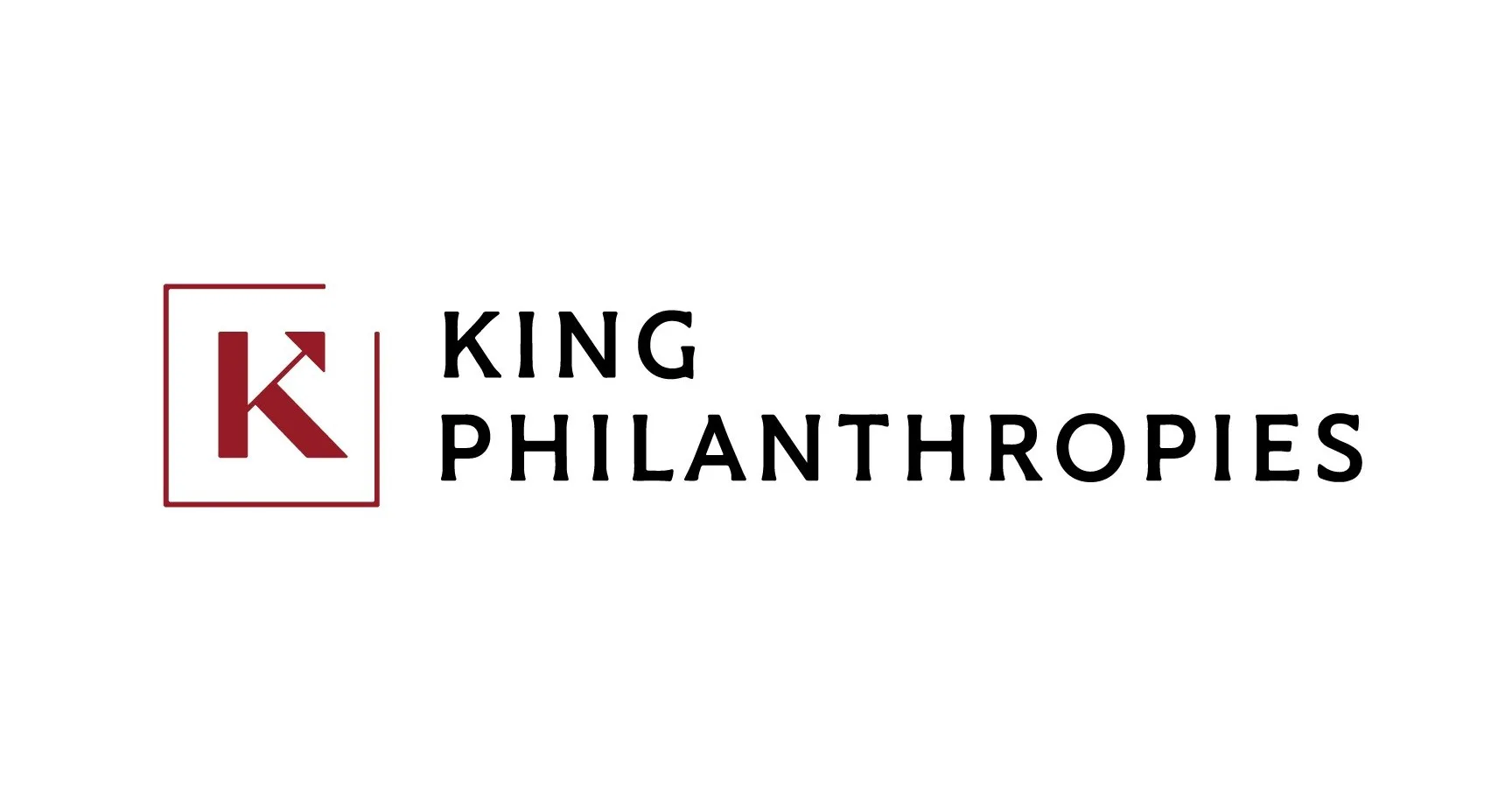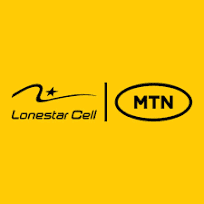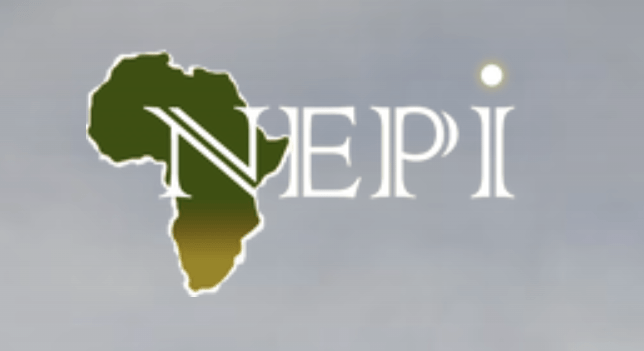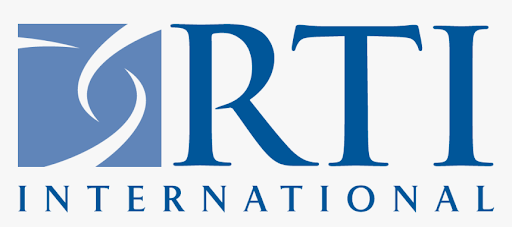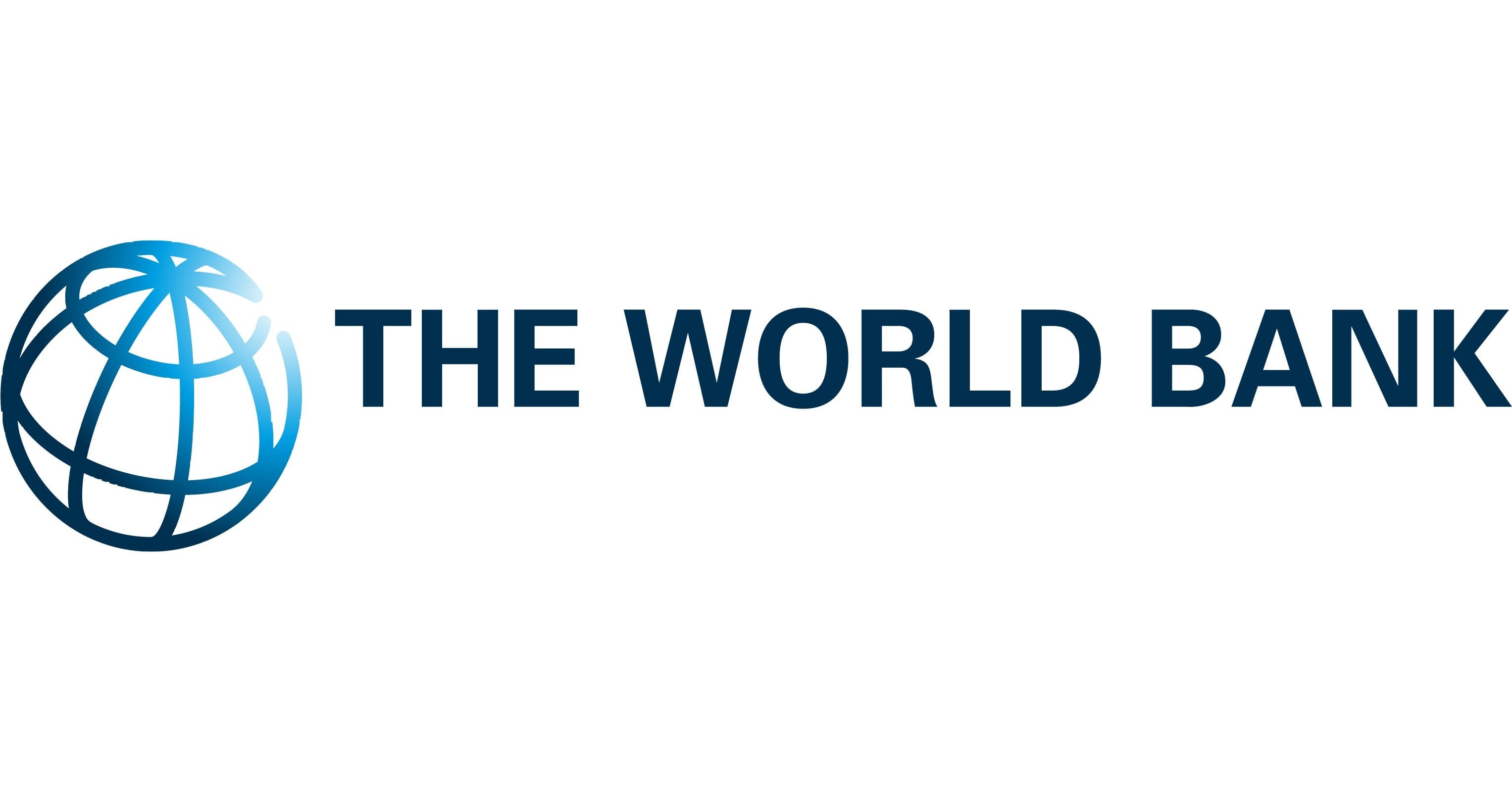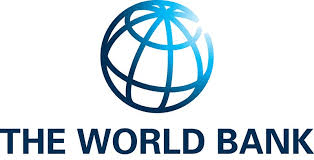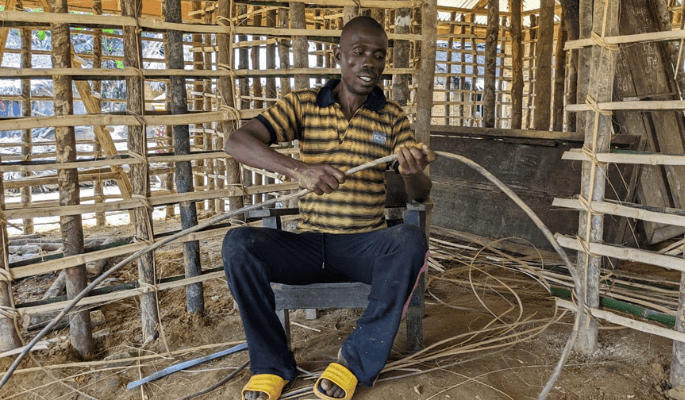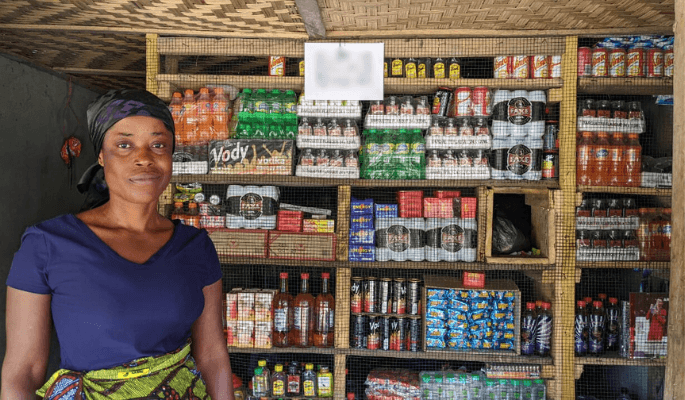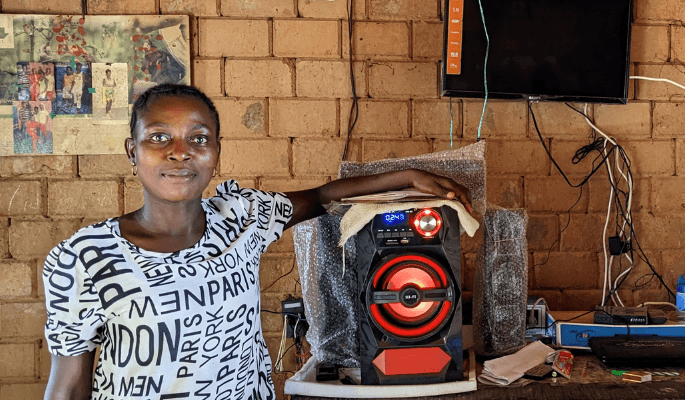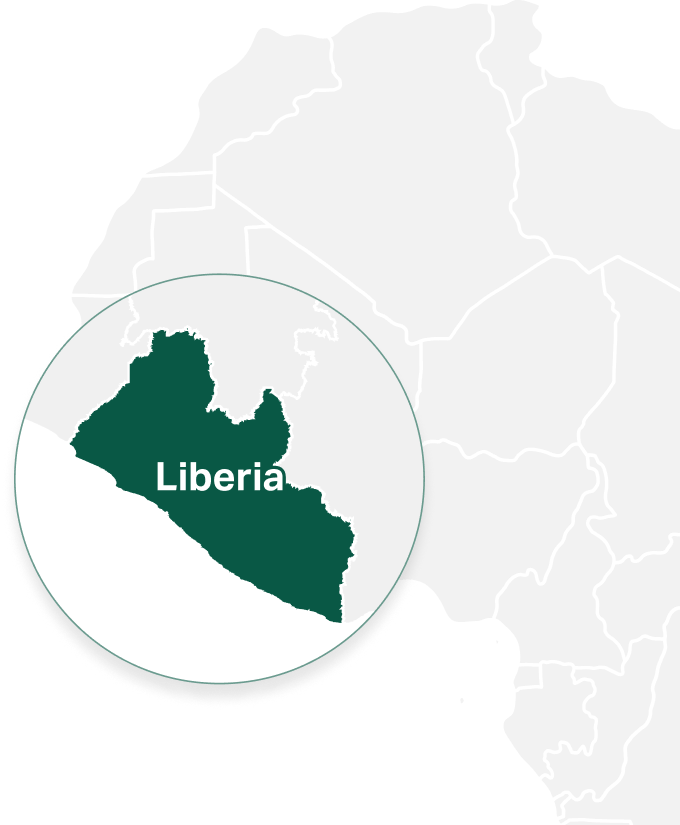
We’re helping to reduce poverty, improve connectivity, and increase community resilience in Liberia.
We overcome operational challenges to reach vulnerable and remote communities.
ACTIVE Programs
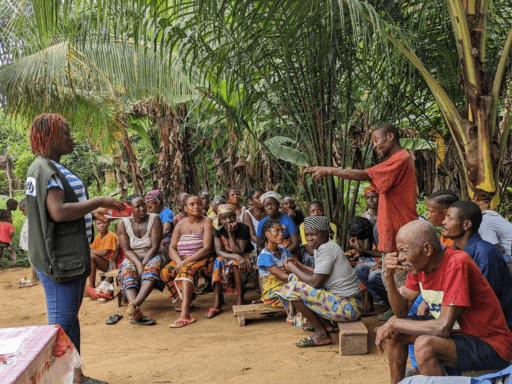
Basic Income
Maryland Basic Income
Launched in 2022 to bring every adult in Maryland County, Liberia above the extreme poverty line by providing them with a basic income for 3 years. GiveDirectly worked with telecommunications companies like Lonestar Cell/MTN to build 10 new 3G cell towers, bringing network access to more than 2,400 adults across 21 villages for the first time.
Transfer Size
36 monthly transfers totaling $1,224
Recipients Reached
13,795
Outcomes
Much of Maryland County lacks access to mobile networks, which are essential for connection to markets, information, family and friends, and to send and receive cash via mobile money. Communities participating in this program not only receive unconditional cash, but have seen a significant improvement in access to mobile connectivity.
So far, recipients report using their transfers to build new houses/improve their homes with better materials, enroll themselves or their children in school, and invest in their farms and small businesses.
Partners
Lonestar Cell/MTN
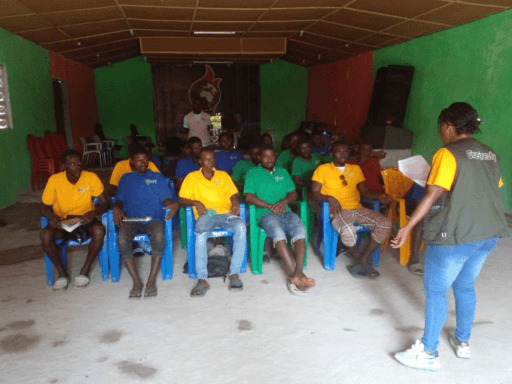
Cash+ Youth Transformation
Launched in 2023 to deliver cash to young men at risk of urban violence in Monrovia. Cash is delivered with a cognitive behavioral therapy-based rehabilitation program run by the Network for Empowerment and Progressive Initiative (NEPI).
Transfer Size
$200 transfer followed 6 months later by a $100 transfer
Recipients Reached
314 men in 2023, 2,000 targeted for 2024-2025
Outcomes
This program aims to reduce crime among participants by delivering cognitive behavioral therapy (CBT) along with unconditional cash transfers to high-risk young men in urban areas. Many participants have previously engaged in petty crimes, such as theft and drug dealing.
This program is scaled from Blattman et al’s 2023 study, which showed lasting reductions in crime and violence among participants 10 years after the initial intervention. The study shows that CBT helps participants to be aware of harmful thoughts and patterns and to react differently in difficult situations. Unconditional cash helps participants access legitimate business activities.
Partners
Network for Empowerment and Progressive Initiatives (NEPI), UChicago
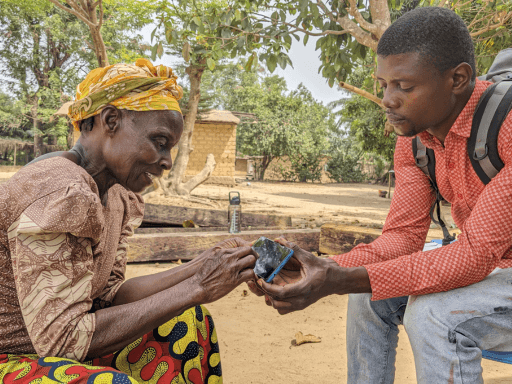
Feed the Future Food Security, Nutrition, and Resilience Activity (FSNR)
Launched in 2023 to reduce food insecurity and provide cash transfers to vulnerable women and youth in Montserrado, Bong, Nimba, Margibi, Grand Bassa, and Lofa counties. Transfers are delivered strategically alongside training opportunities to reduce malnutrition, allow communities to invest in agriculture, and support the development of sustainable, resilient food systems. The FSNR program is funded by the US Government Feed the Future through the USAID/Liberia Mission.
Transfer Size
$250 one-time payment
Households Reached
3,000
Partners
USAID/Liberia, RTI, BRAC, and Dimagi
PAST Programs
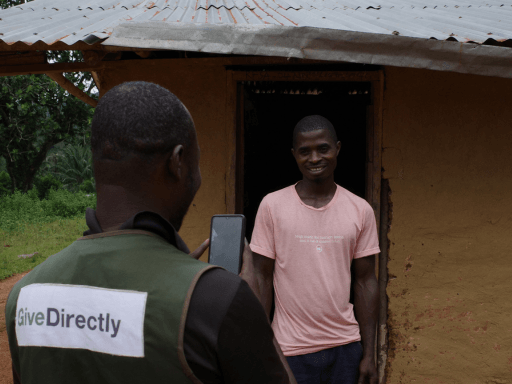
Poverty Relief
Poverty Alleviation
This program provided large unconditional cash transfers to extremely poor families in Grand Bassa County between 2018 and 2020.
Transfer Size
$1,000 total, delivered across 4 monthly transfers of $250
Households Reached
2,244
Outcomes
This program focused on parts of Grand Bassa County that had a high proportion of absolute poverty and were connected with payment networks. We used a saturation approach, meaning that every family in the target villages received cash.
GiveDirectly staff surveyed recipients before, during, and after the program was completed. Here are some changes recipients reported after they received cash:
- 93.4% of recipients reported increased income after the program
- 36.9% more recipients reported hiring at least one person (e.g. builders for a new house, farmhands to help with harvest, etc)
- 84.4% fewer families relied on informal labor as their primary source of income
- Protein intake increased by the end of the program, with 72.9% of families eating meat, fish, or eggs every day
- 61.8% of families reported that all their children were in school, a 21.2% increase compared to the start of the program
Partners
King Philanthropies
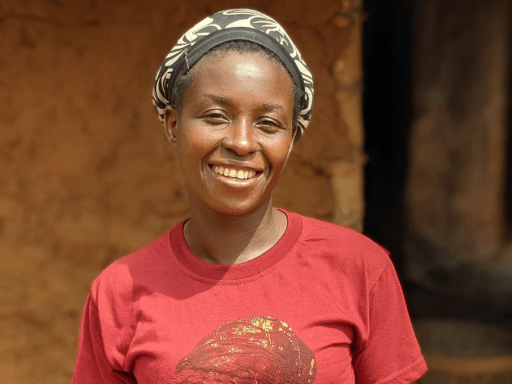
Poverty Relief
Large Transfer Study
Program that delivered large unconditional cash transfers to families in Nimba, Bong, and Margibi counties from 2019-2021. Program included a randomized control trial component to compare how different cash transfer amounts affected food security, spending on food and other purchases, and non-agricultural income in rural households. Findings from the study were shared with the Government of Liberia to help inform their Liberia Social Safety Nets Project.
Transfer Size
3 different transfer amounts ($250, $500, or $750 USD) and 2 different transfer timings (monthly or quarterly payments)
Households Reached
9,861
Outcomes
Recipients reported sustained improvements in food security years after the program ended, along with gains in education, agricultural productivity, savings, business investment, and psychological well-being. In Liberia, the researchers found an 8% decrease in intimate partner violence by the end of the program. No evidence of spillover effects on households not included in the program were found. Local goods prices were not affected.
Partners
USAID, Good Ventures
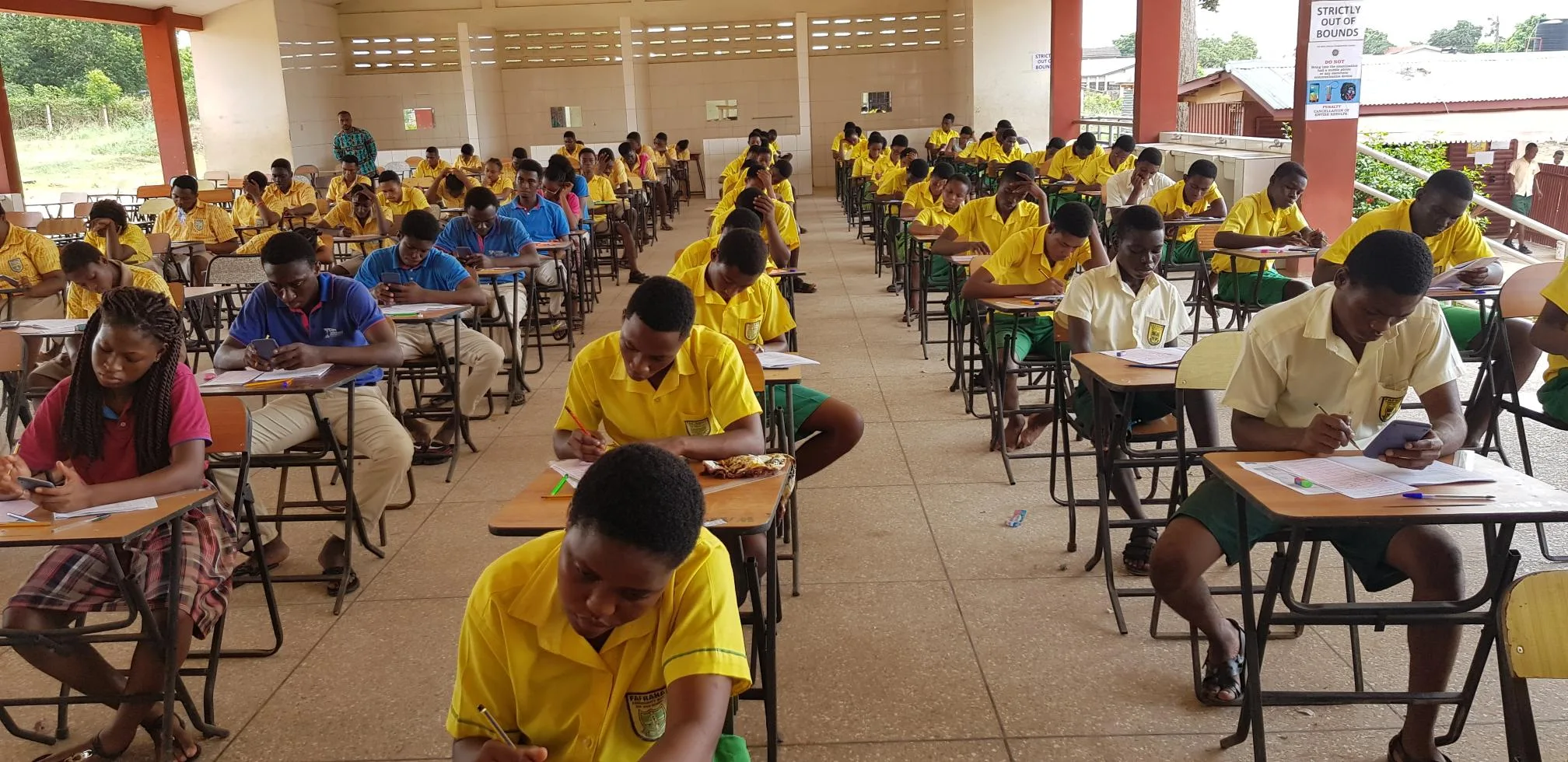
Cash for Education
2020 program that provided small cash transfers to students across 707 schools in advance of the West African Senior School Certificate Examination (WASSCE). Students registered for the stipend remotely via SMS or the program website.
Transfer Size
$50 one-time transfer
Recipients Reached
37,727 students
Outcomes
90.9% of all students registered for the WASSCE in Liberia received an education stipend through this program — most students registered for the program on the website. After the exam, students reported spending their transfer on books and educational materials, food, and transportation to school.
Stipends enabled some students to sit for the exam when they may not have been able to otherwise.
Partners
USAID/Liberia, Ministry of Education, LonestarCell/MTN

Emergency Relief
COVID-19 Relief
2020 program that delivered rapid economic support to families living in informal settlements during the COVID-19 pandemic. The pilot reached 11 communities in Montserrado County that had high rates of poverty and population density and lacked health and sanitation infrastructure.
After the pilot, the program grew to include communities in Grand Bassa, Bong, Nimba, Lofa, Montserrado, and Margibi counties to reach micro-entrepreneurs, small farmers, and poor rural communities as well.
Transfer Size
- Pilot: Two transfers of $15/person, one month apart. Limit of $90/month per household
- Scale-up: $150/person across 3 monthly payments of $50 each
Recipients Reached
15,084 during the pilot, 89,710 during the scale-up
Outcomes
According to surveys conducted during the pilot phase of the program, recipients reported spending the cash they received on health & medical expenses. During the scale-up, which included rural communities, recipients reported spending the cash on buying agricultural materials.
Recipients living in both urban and rural areas across both phases of the program reported spending cash on food, starting and expanding small businesses, and paying for educational expenses.
Partners
- Pilot: World Bank, Ministry of Gender, Children, and Social Protection (MGCSP)
- Scale-up: USAID/Liberia, King Philanthropies
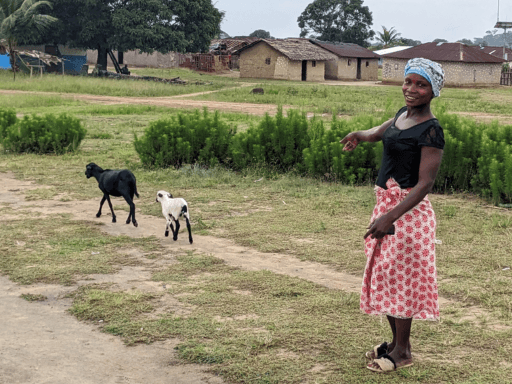
Cash + Financial Planning
2022 program that delivered unconditional cash to extremely poor and food insecure families in Maryland and Bomi Counties as part of Liberia’s Social Safety Net program.
Transfer Size
Transfer amount scaled with household size, from $263 for one person, to $881 for 5 people.
Households Reached
6,500
Outcomes
GiveDirectly supported the expansion of the Government of Liberia’s Social Cash Transfer program by delivering transfers to eligible communities. Some recipient communities were also able to receive additional financial planning programming provided by the Ministry of Gender.
Partners
USAID, World Bank, Ministry of Gender, Children and Social Protection, UK Aid
Poverty in Liberia
Liberia today is challenged by double-digit inflation due to global conflict, underdeveloped roads and transport, and limited access to sanitation and electricity throughout the country. Historically, Liberia has experienced protracted civil war, from 1989 to 2003, and outbreaks of Ebola from 2014 to 2016. Liberia ranks 169 out of 173 on the Human Capital Index with a score of 0.34, below average for both low-income countries and countries in Sub-Saharan Africa.
52.3% of people in Liberia experience multidimensional poverty, living with limited access to health and nutrition, education, and other basic needs. Children in Liberia face threats from cholera and diarrheal diseases, as well as chronic malnutrition — 30% under 5 years of age are stunted. People in Liberia receive an average 4.2 years of schooling before age 18. Poor access to sanitation drives some of these risks — ~42% of people defecate in the open and only 10% have reliable access to clean drinking water, leading to poor health.
Sources: WFP, UNICEF, UNDP, Our World in Data, Reuters
